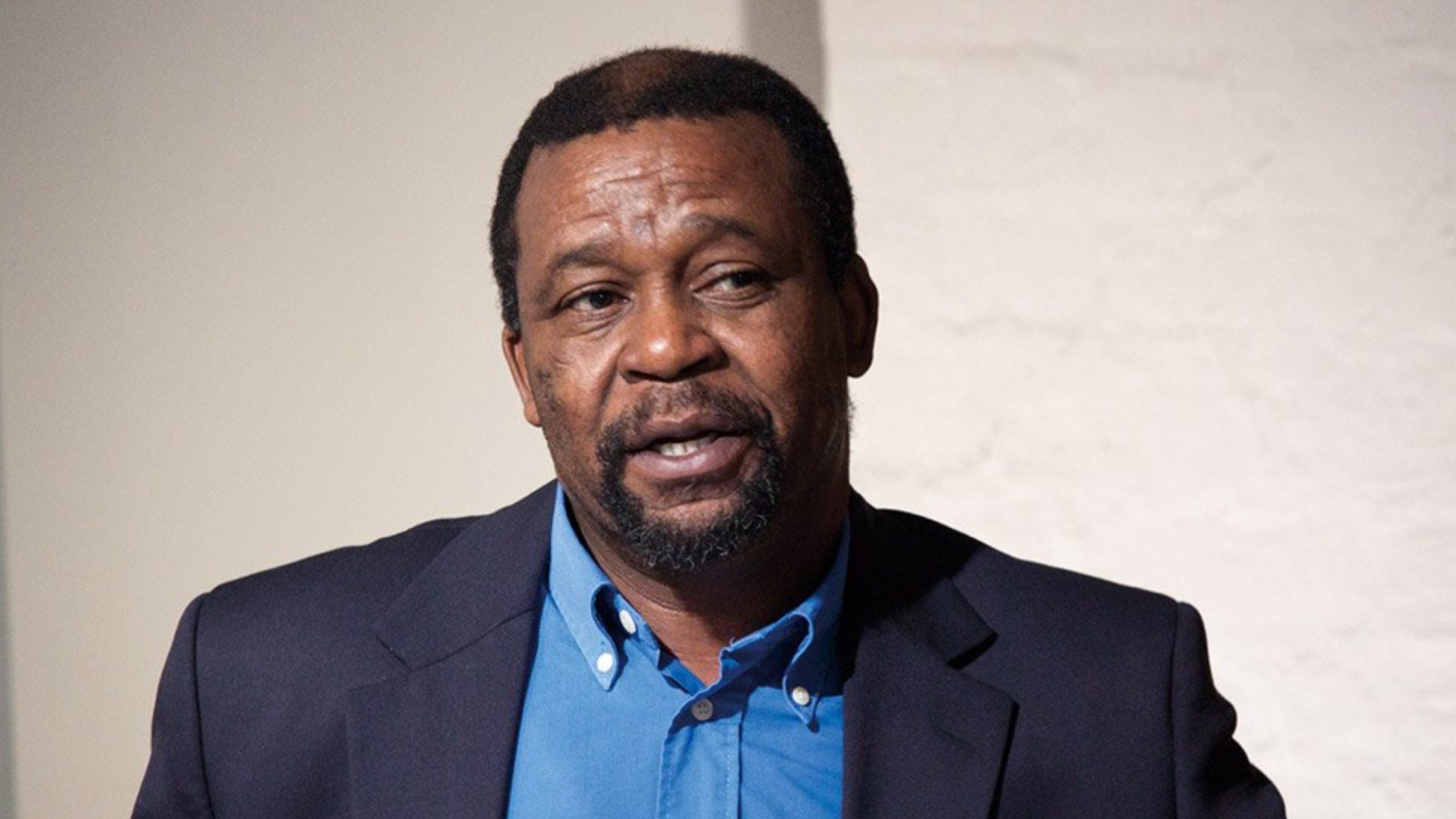Netshitenzhe on white supremacy dominated a recent policy discussion hosted by the University of Johannesburg. During the event, ANC veteran Joel Netshitenzhe challenged the global order, arguing that powerful Western nations enforce international law selectively to maintain dominance.
He described this behaviour as a continuation of imperialist ideologies that still shape today’s global systems. By using different standards for themselves and others, these countries reinforce global inequality, he said.
Double Standards and International Law
Netshitenzhe criticised how some powerful states violate international norms but avoid consequences. In contrast, developing nations often face penalties for similar actions. “Those who do wrong from powerful positions hardly get punished,” he said.
These double standards, he argued, erode global trust and weaken the legitimacy of international institutions. The pattern reflects what he calls the persistence of white supremacy in global politics.
African Countries Urged to Assert Independence
As executive director of the Mapungubwe Institute for Strategic Reflection (MISTRA), Netshitenzhe urged African leaders to pursue independent strategies. While speaking about Netshitenzhe on white supremacy, he warned against relying too heavily on either Western or Eastern powers.
“Let’s not be caught in the binary of West versus East,” he said. He emphasised that Africa must define its own interests and challenge systems that perpetuate inequality.
He also advised caution when engaging with emerging blocs like BRICS. Although these alliances offer potential, African nations should prioritise critical thinking over blind loyalty.
Reframing Global Narratives
Netshitenzhe on white supremacy also highlights the need for Africa to reclaim its voice in global discourse. He called on scholars, policymakers, and civil society to challenge dominant narratives and push for fairness.
By standing firm and demanding equal treatment, African countries can help reform unjust systems. Netshitenzhe’s remarks reinforce a broader movement toward decolonising global governance.
Through his critique of global inequality, Netshitenzhe on white supremacy underscores the importance of African agency, unity, and leadership in shaping a fairer world order.


